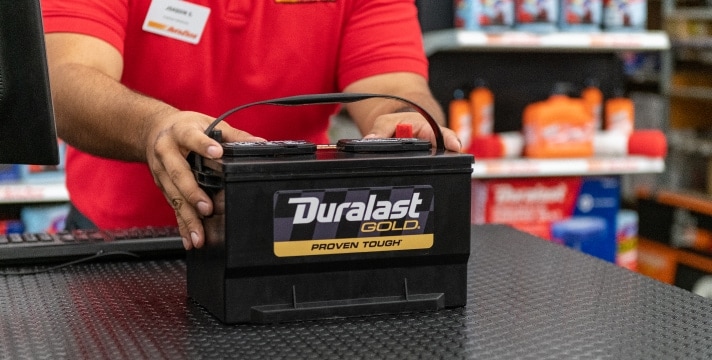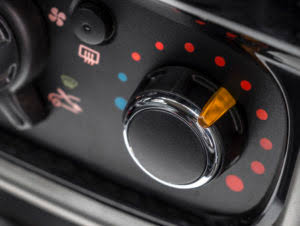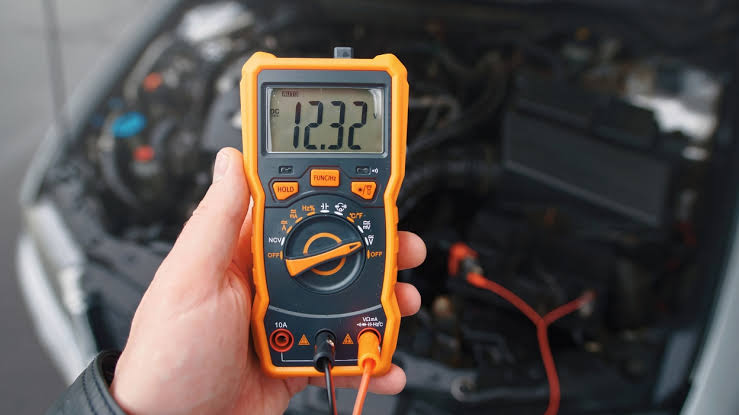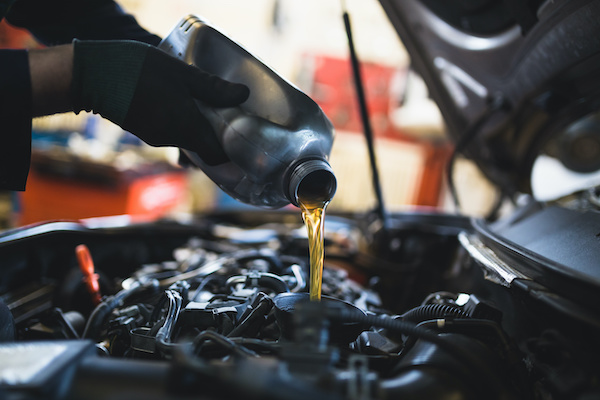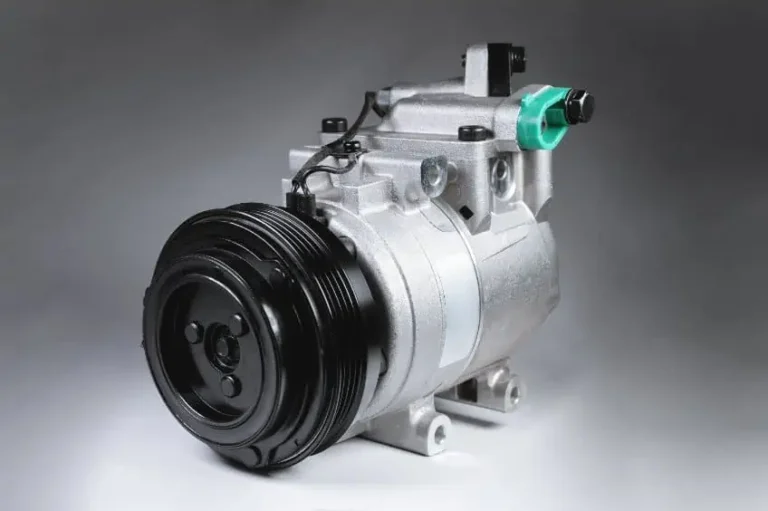Will Loose Lug Nuts Cause Noise?

Loose lug nuts can potentially cause a variety of issues with your vehicle, one of which may include unusual noises. In this article, we will explore how loose lug nuts can affect your car and what types of noises they may cause.
How Loose Lug Nuts Affect Your Vehicle
1. Safety Concerns
- Wobbling Wheel: When lug nuts are loose, the wheel may not be securely attached to the vehicle. This can lead to the wheel wobbling or shifting while driving, which can cause a variety of dangerous situations, including a potential loss of control.
- Risk of Detachment: If the lug nuts are loose enough, they could eventually come off entirely, causing the wheel to detach from the vehicle while driving, which is a major safety hazard.
2. Noise Generation
- Metallic Sounds: Loose lug nuts can cause a metallic scraping or banging sound, especially if the wheel is shifting or wobbling on the hub. This noise typically increases as you drive faster or make turns, as the movement of the wheel becomes more pronounced.
- Clicking or Clunking Noises: You might also hear clicking or clunking noises, particularly when accelerating, braking, or driving over bumps. These noises occur as the wheel moves slightly, and the loose lug nuts may cause friction between the components.
Signs of Loose Lug Nuts
1. Uneven Wear or Vibration
- Loose lug nuts can lead to uneven wear on the tire or the wheel itself. If you notice vibrations while driving, especially at higher speeds, this could be a sign of loose lug nuts or another issue with the wheel assembly.
2. Visual Inspection
- If you visually inspect the lug nuts and see that they are not properly seated or some are visibly loose, it’s important to tighten them immediately. This is a simple fix that can prevent further damage and safety concerns.
How to Fix Loose Lug Nuts
1. Tighten the Lug Nuts
- Proper Torque: Use a torque wrench to ensure that the lug nuts are tightened to the manufacturer’s recommended specifications. Over-tightening or under-tightening can cause damage or leave the lug nuts loose again.
- Cross-Pattern Tightening: When tightening the lug nuts, use a criss-cross pattern (or star pattern) to ensure that the pressure is applied evenly across the wheel.
2. Regular Checks
- After Tire Installation: If you’ve recently had new tires installed, it’s important to check the lug nuts after the first 50 to 100 miles of driving. Lug nuts can sometimes loosen up after initial use.
- Scheduled Inspections: Regularly check your lug nuts during routine maintenance to avoid potential issues.
When Should You Seek Professional Help?
If you’re unsure about whether the lug nuts are loose or if tightening them does not resolve the noise or vibration, it’s best to take your car to a mechanic for further inspection. A professional can check the wheel assembly, brake components, and suspension system for any additional issues.
Conclusion
Loose lug nuts can indeed cause various noises, including clicking, clunking, or scraping sounds, as well as potentially dangerous wheel wobbling. If you notice any unusual noise or vibration while driving, it’s crucial to inspect the lug nuts and tighten them as needed. Regular maintenance and checking your wheel components can prevent these issues from becoming more serious.
FAQs
1. Can loose lug nuts cause damage to my vehicle?
- Yes, loose lug nuts can cause damage to your tires, wheels, and suspension system. They can also lead to the complete detachment of the wheel, which can cause serious accidents.
2. How can I tell if my lug nuts are loose?
- If you hear unusual noises, feel vibrations while driving, or notice that your wheel seems to wobble or move, your lug nuts may be loose.
3. Is it safe to drive with loose lug nuts?
- No, driving with loose lug nuts is dangerous. It can lead to the wheel detaching from the vehicle, which could cause a severe accident. Always tighten loose lug nuts immediately.
4. How often should I check my lug nuts?
- It’s a good idea to check your lug nuts after having new tires installed and regularly during your vehicle’s routine maintenance.

